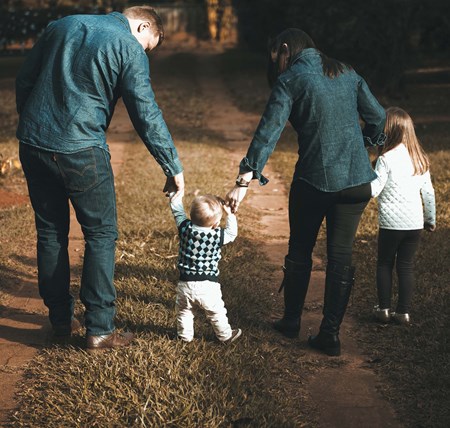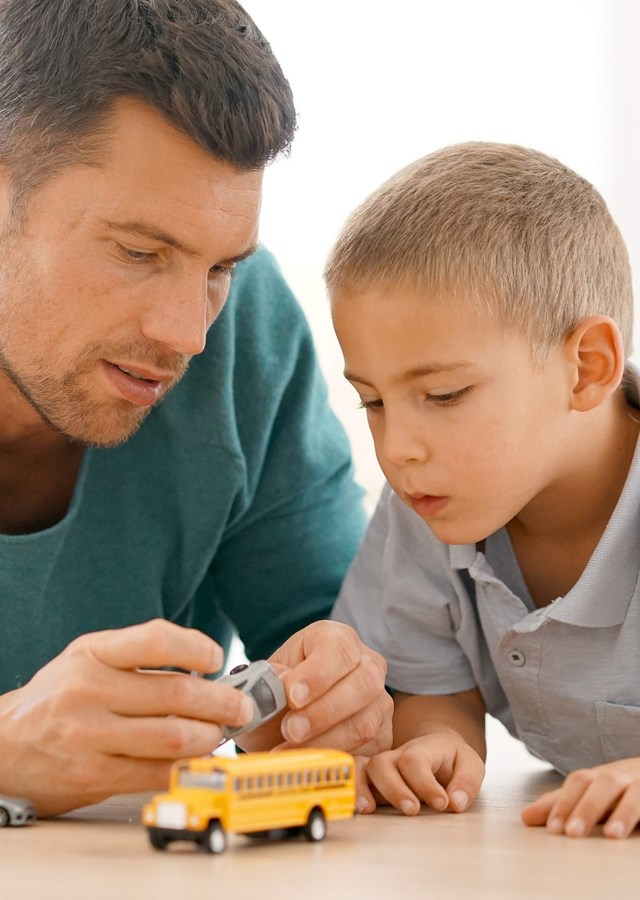Help to support a grieving child
It can be really hard for children to cope with the loss of a loved one and to process everything they are feeling – not just about their loss but how it is affecting other people around them too.
Here are some ways to help a child when they are grieving:
- Encourage them to talk
Encourage your child to talk about their feelings and make sure you do the same. Avoid putting on a brave face as your child will feel that they need to do this too and then you’ll be unable to tell how they are coping. If you think they are hiding their feelings to protect you, let them know that they don’t need to do this. - Talk about the person
Talk about the person who has passed away. Share good memories about the person and remember them. Encourage them to ask any questions they have and be open with them. - Help them let out emotions
Tell them it’s OK to cry and that it actually helps let out the sadness. If they are angry, help them to release it in a safe way, including hitting cushions, exercising, shouting (somewhere it’s appropriate to do so) and doing messy paintings or drawings. You could also create a zone where your child can go to let out their emotions, which could include familiar toys or other items that help them feel better. - Reassure
Make sure your child knows that they are not to blame and that it’s normal to feel different emotions when someone has passed away. Show them and let them know you are always there for them, as well as any other family members they are close to. - Stick to normal routines
As much as possible, stick to your normal routines. Your child may feel like their world has been turned upside down after losing someone, so sticking to their routines as much as possible will help them feel safe. - Be aware children pick up on tension
Your child may pick up on sadness and tension in yourself or others, which is something to be aware of. That doesn’t mean you should hide your emotions, but be aware they may mirror your behaviour (or the behaviour of others). Children of all ages may become unsettled or clingy and babies can sense something is wrong so may cry more.
If you were also close to the person your child is grieving for, then it’s important that you look after yourself too.
Get help









